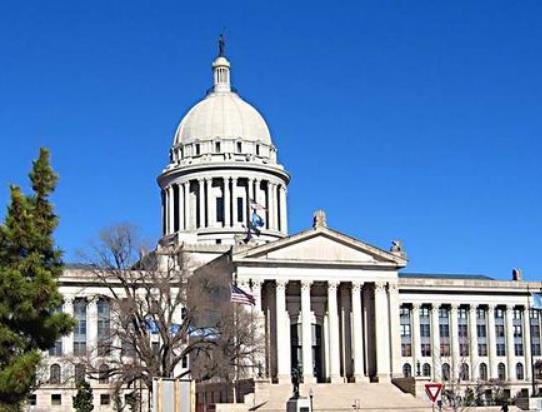Thailand’s high-stakes plan to introduce legal casino resorts has been put on hold—at least for now. Prime Minister Paetongtarn Shinawatra confirmed Tuesday that the much-discussed Entertainment Complex Bill wouldn’t be heading to Parliament as planned this week.
It’s not off the table, just not on it right now. The decision comes amid fresh conversations within the coalition government and signals a shift in focus to other pressing national issues, according to Shinawatra.
A surprising turn after signs of momentum
Just a day before the official announcement, optimism around the bill seemed to be growing. Deputy Finance Minister Julapun Amornvivat went as far as telling The Nation that he believed the legislation was “likely” to make it through the first reading.
Two days later, it’s a different story.
This isn’t a full stop, though. The bill hasn’t been withdrawn. It’s just been pushed back. And as political watchers in Bangkok know, delay often means something else is going on behind the scenes.
Some say it’s strategic. Others say it’s just politics as usual.

A bill years in the making… and still waiting
The push to legalize casinos in Thailand isn’t new. For years, lawmakers, economists, and business groups have floated the idea of turning the country into a regional hub for legal gambling, especially to compete with neighbors like Singapore and the Philippines.
But Thailand has always had a complicated relationship with gambling. It’s technically illegal under the Gambling Act of 1935, apart from state-run lotteries and horse racing. Still, underground betting is rampant, and enforcement is, well, spotty.
So the proposal to bring gambling into the daylight through “entertainment complexes” was seen by some as both inevitable and overdue.
Now, it’s hanging in limbo—again.
Why the delay? A mix of reasons, some spoken, others not
There’s no single reason the bill was shelved. But here’s what we know—or think we know:
-
Coalition leaders are reportedly not aligned on the scope and structure of the bill.
-
Social backlash from religious and conservative groups has grown louder in recent weeks.
-
Internal disagreements about who would regulate and benefit from such massive projects.
Behind closed doors, coalition parties are weighing the optics. This government—just months into its term—is trying to show strength and unity. Pushing a casino bill while people are still talking about inflation and household debt? Maybe not the best look.
The economic case still stands strong
Supporters of the bill, especially those in business and tourism sectors, argue the numbers speak for themselves.
In 2023, Thailand welcomed over 28 million international tourists, still below pre-pandemic levels. The government has been hungry for ideas to boost visitor numbers and diversify tourism offerings.
Legal casino resorts, they say, could do just that. And more.
Here’s a look at what Thailand stands to gain if the bill goes ahead:
| Benefit Category | Potential Impact |
|---|---|
| Tax Revenue | Estimated $2.7 billion annually |
| Jobs Created | Up to 250,000 direct and indirect positions |
| Tourist Spending | Could increase by 15–20% yearly |
| Infrastructure | Incentivizes urban development near casino zones |
So yeah, there’s a lot on the table.
Public opinion: divided but curious
Talk to people in Bangkok and you’ll get mixed answers.
Some are totally against it. They worry about addiction, crime, and corruption. Others, especially younger urban residents, shrug and say it’s about time Thailand caught up with the rest of Southeast Asia.
One person’s vice is another’s vacation package.
According to a poll by Suan Dusit Rajabhat University in March, 56% of respondents said they were “open” to legalized casino resorts if proper regulations were in place. About 30% were strongly opposed, while the rest were undecided or indifferent.
Only one sentence here.
It’s a cultural issue as much as it is a political one.
Shinawatra’s tightrope walk
For Paetongtarn Shinawatra, this is about more than just casinos. It’s about managing a coalition, maintaining momentum, and not making waves too early in her tenure.
Her Pheu Thai Party came to power promising economic growth and social stability. Legal gambling could deliver one. It might disrupt the other.
So she’s balancing.
Pushing too hard on something like this could cost her credibility with rural voters and more conservative supporters. And in a country where coalitions are often fragile, every move counts.
What happens next?
Honestly, it’s a bit of a waiting game.
The government hasn’t set a new date for when the bill might resurface. Some insiders say it could be a matter of weeks; others think it might not come back until next year’s legislative session.
Still, don’t count the bill out. There’s too much money, too much lobbying, and too much interest for it to just vanish.
Whether or not it moves forward this year, it’s clear the debate over legal gambling in Thailand is far from over.








